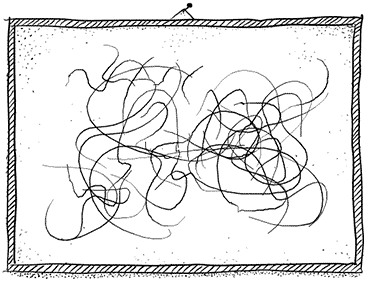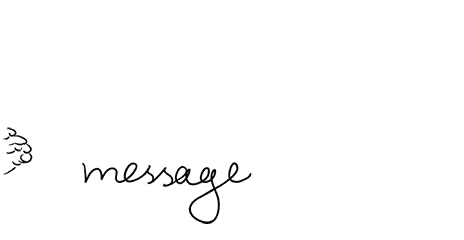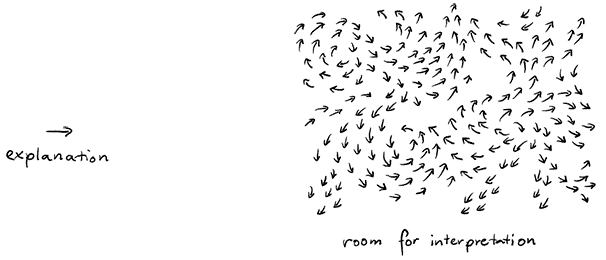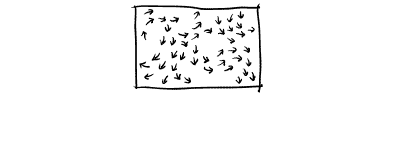But what do you want to say?
There is this forbidden question which many people would love to ask when confronted with a piece of art. And it goes something like this:
“What does the artist want to say with this piece of art?”

If you ever dare to ask this question you might earn awkward silence, lifted eyebrows or even a patronising smile. You most certainly won’t get a satisfying answer.
Why is that so?
The misunderstanding
A common misconception is that artists want to deliver some sort of message and in order to deliver that message they wrap it up in beautiful images or sculptures. By that logic it would be up to the viewer to unwrap that package, crack that fortune cookie, and decode the message.

But this is not how it works. Art is not some clever guessing game.
If artists wanted to tell you something that can be said with words then they would use … well … words.
Room for interpretation
We are obsessed with explanations, because they give us a sense of control over the world. Explanations make us feel that the world makes sense.
But it doesn’t.
And this is where art comes in.
Pablo Picasso famously said: “The world doesn’t make sense, so why should I paint pictures that do?”
A sensible approach to something that can’t be explained is to express it.
Rather than giving you explanations or “saying something”, most artists are concerned with what I like to call “room for interpretation”. They create platforms that trigger thoughts, feelings, emotions, and ideas.

Instead of trying to explain the inexplicable artists express their view of it. They don’t want to tell you what to think, they invite you to respond.
Art is an invitation
As soon as artists release their work they leave it up to you to complete it with your personal response. And usually they have no desire to control that response. Actually most of them are rather curious about it.
What you think or feel about a piece of art is nobody’s business but yours.
And that is the beauty of it! Great pieces of art evoke a multitude of emotional and intellectual reactions. So if your thoughts or emotions differ from other people’s, that is perfectly fine!

If I told you what to think about a piece of art, this might “destroy” your contribution. I would cut you off from your personal experience by reducing the artwork to a singular viewpoint.
Thus I am highly sceptical of people “explaining” art. Of course one might offer you alternative perspectives on a piece of art, which might enrich your experience. But ultimately it is up to you to explore the art. There is no “right” or “wrong” way to look at it. Art is a mirror for the artists and the viewers alike.
Before you go
If you enjoyed this article, then subscribe to my mailing list to receive more animated stories!